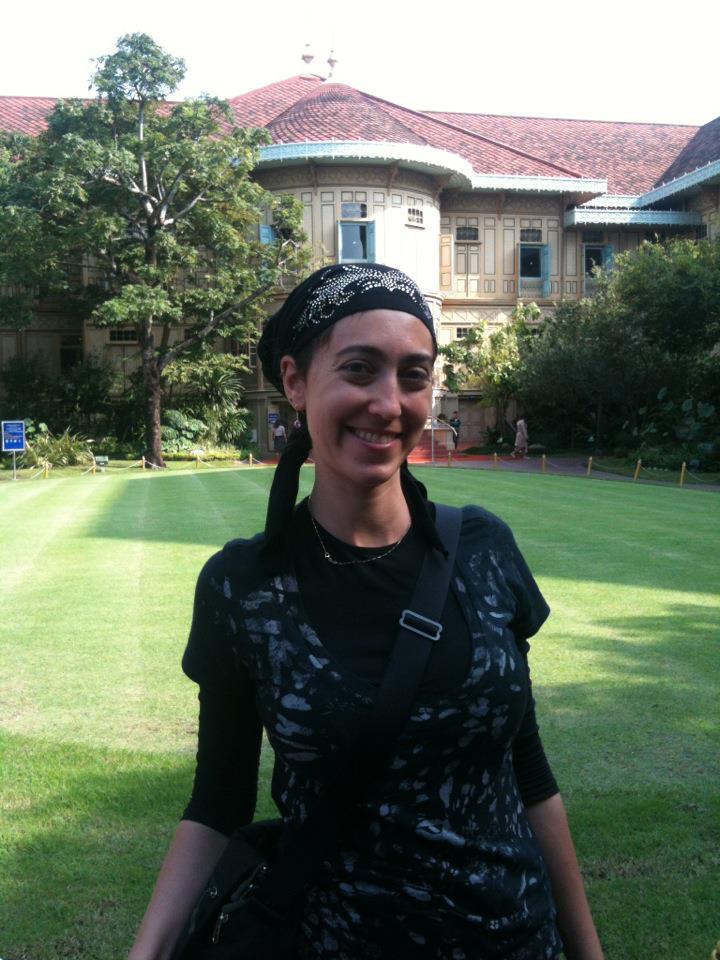Parshas Vayechi: Playing to your Strengths
There is no place in the world to expose your strengths and weaknesses like India. Almost everyone I talk to about it describes it as a “love-hate relationship” for exactly this reason. Whatever your strengths are, travel in India will bring them out. Whatever your weaknesses, India will bring them out, too.
That’s because it’s such a confronting place, with constant throngs of people, noise, and smells. There is no part of you left untouched. It’s a good way to test your mettle.
And no two people react quite in the same way. Rabbi Ben, for instance, goes mad from the constant loud noise, while I just tune it out. But I couldn’t stand how I never managed to feel clean (and the creepy men touching me and taking my photo constantly also really got to me). We all have different strengths and weaknesses, you see.
There’s a precedent for this in Judaism, too. It’s part of how we are made. When Yaakov (Jacob) was on his deathbed, he gave blessings to each of his children. Each of the 12 tribes received a different blessing, for each was different. Each had different roles to fulfill within the Jewish nation, just as each of us has a different role to fulfill in our world.
Once he was done, Yaakov called them all back in and blessed them again. Blessed them with what? Rashi says he blessed each that he should also receive the blessings of the others. But then what was the point in blessing them separately? The Maharal explains that they were not equal in everything, but rather, that they each had some traits stronger and some less strong. For example, Yehuda (Judah) received a blessing for strength – all of the other brothers had some strength, but Yehuda’s main talent was in his strength.
In our daily lives, we have a tendency to fall into some sort of complacency and acceptance of who we are and of our situation. We face similar challenges all the time, with not much change. Travel has the power to really shake that up. Now we are suddenly dealing with problems like sewage in our hotel bathroom, how to navigate a crowded bus with a fully-loaded pram, or what to do when we get sick in a place where we don’t speak the local language. Challenges that take us out of our element have the power to showcase incredible strengths we did not even realize we had.
And the beautiful thing is that we all have strengths. Not only that, but we all have different strengths. So the more we work together, the more our strengths together can make us exponentially stronger.
Shabbat shalom!
Read More





